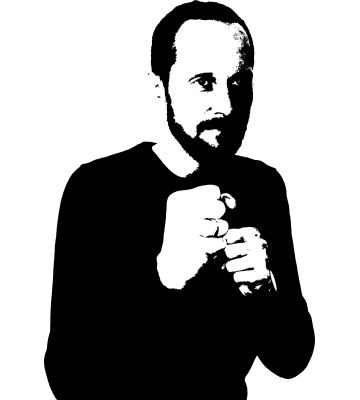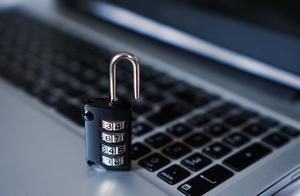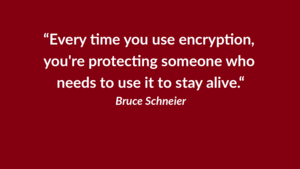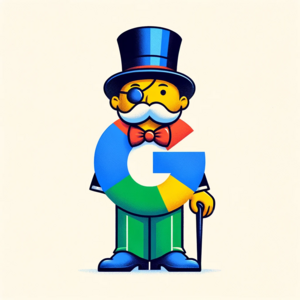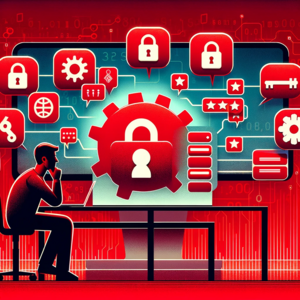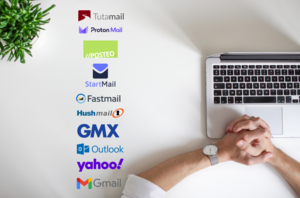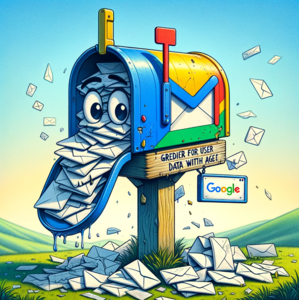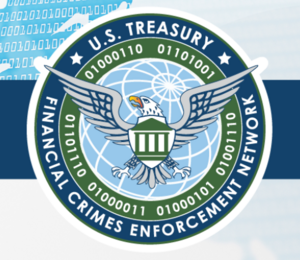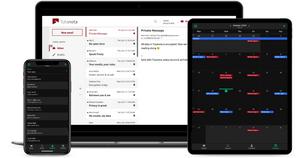Facebook works as it is supposed to work: The real scandal behind all the privacy scandals.
Facebook was designed when privacy-by-design was a foreign word. Asking Facebook to implement privacy protections is futile.

Facebook scandals
There have been so many Facebook scandals in the last few years and even before that we almost lost track.
But the real scandal behind all these Facebook scandals is this: Facebook is a privacy nightmare.
Facebook was designed without privacy-by design
Facebook started in 2004, which in internet days was rather early. Back then no one knew the term privacy-by-design, and no one cared. Thus, Facebook was created without any privacy protections in mind.
To the contrary, Facebook founder Mark Zuckerberg did not value the privacy of Facebook users as this conversation with a friend demonstrates:
Zuck: Yeah so if you ever need info about anyone at Harvard
Zuck: Just ask.
Zuck: I have over 4,000 emails, pictures, addresses, SNS
[Redacted Friend's Name]: What? How'd you manage that one?
Zuck: People just submitted it.
Zuck: I don't know why.
Zuck: They "trust me"
Zuck: Dumb fucks.
A company's culture, however, is defined at its foundation and by its leaders. The attitudes of the founders are baked into a company's culture from its early days, and it's very hard - if not impossible - to change this culture later on.
Facebook's surveillance machine
The Cambridge Analytica scandal shows plausibly to what extend users' data was harvested: Around 270.000 Facebook users installed an app called thisisyourdigitallife - believing that with this app they would support science. Instead, the app scraped information about their online behaviour - as well as their Facebook friends' online behaviour.
All in all, the data of 87 million Facebook users was harvested and used for political campaigning. Most of the people had no idea that their data was being used, let alone for such purposes. After all, only a few hundred thousand had agreed to the privacy policy when downloading the thisisyourdigitallife app.
Consent to data harvesting
Maybe the worst part about the Cambridge Analytica scandal is that in Facebook's view it wasn't a scandal: This is how Facebook was supposed to work as Paul Grewal, a vice president and deputy general counsel at Facebook, explains: "The claim that this is a data breach is completely false. He contended that Facebook users knowingly provided their information, no systems were infiltrated, and no passwords or sensitive pieces of information were stolen or hacked. He also said that everyone involved gave their consent."
Since then, even Facebook has understood that privacy matters. Facebook is trying hard to present itself as the new defender of privacy but this looks more like a marketing initiative than a real interest in protecting our privacy.
Consequence of Facebook's business model
The aim of this data harvesting is, of course, targeted advertisements: Facebook makes money by profiling us and then selling targeted advertisements based on these profiles to advertisers. This can by anyone: companies, political campaigners, basically anyone who wants to spend money on influencing us one way or the other.
While in the past, many said: I have nothing to hide, and didn't care much about Facebook being a surveillance machine, the Cambridge Analytica scandal has changed that, at least for some. It is something else than selling hoodies or baby equipment.
When the targeted advertisements turned into vote-deciding political influence, people woke up to the real scandal: that such data harvesting done by Facebook can and will influence our societies, our democracies, and our way of life.
After all, there's always a Trump or a Putin who will use our data against us.
Nothing-to-hide chorus
Yet, people are not quitting Facebook at a pace one would have expected. Yes, some did, but many stayed to regularly check their friends' updates. They push away any concerns and prefer to remain ignorant. Unfortunately, for many the I-have-nothing-to-hide chorus will not go away, no matter how many privacy scandals Facebook produces.
But can you afford this relaxed attitude?
We live in the luxury of a democratic country where the rule of law is respected and equal rights matter. We are free to think and to say whatever we like. Of course, it is then easy to say one has nothing to hide.
But with the extend of data harvesting and profiling, we can never know if what we say today might not harm us in one way or another tomorrow. Just take not-so-free countries as an example: Turkey, Russia, China.
While we condemn the social credit system in China, we neglect that a very similar social credit system is already establishing here, in our own countries.
We have no idea who will get their hands on our data in the future - or already has. Even worse: We don't even know the vast amounts of data that have already been collected about us and what people can interpret from it - now or in thirty years.
After all, in the early days of the former German Democratic Republic people didn't expect that they might run into problems when criticizing the current government.
Besides, we don't even know anymore what actors might use our data in what ways, we simply don't have the imagination for it. Or would you have expected a Cambridge Analytica to use your willingly share data to influence the outcome of a presidential election?
Time to call for privacy regulations
It is time that we understand the extend of the Facebook privacy scandal and the extreme harm that it has been - and still is - doing to our societies.
Once understood, we will realize that while leaving Facebook is a good idea, we can only succeed by strictly regulating Facebook and its data processing.
This data giant has so much power that it can decide an election. The time for regulation is now, or else it will be too late.
We don’t let 1 person control the water for 2.5 billion people.
— Sacha Baron Cohen (@SachaBaronCohen) February 5, 2020
We don’t let 1 person control electricity for 2.5 billion people.
Why do we let 1 man control the information seen by 2.5 billion people?
Facebook needs to be regulated by governments, not ruled by an emperor! pic.twitter.com/o4hNRFNpgt
